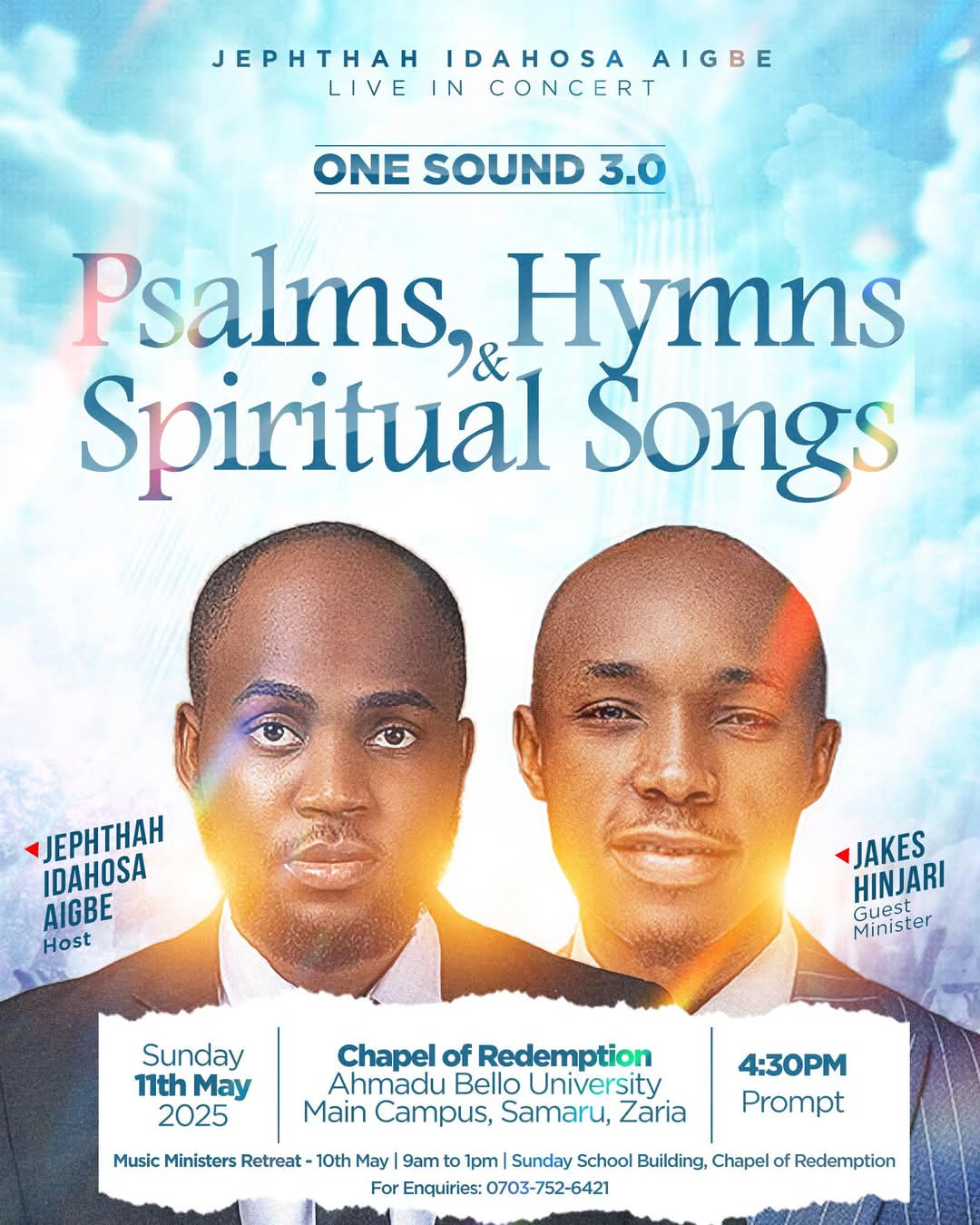Kathryn Krick: Rising Revivalist or Controversial Figure in Modern Christianity?
At just 33, Kathryn Krick has become a prominent name in the charismatic Christian world. As the author of The Secret of the Anointing and lead pastor of Five-Fold Church in Los Angeles, she’s gained widespread attention through viral deliverance videos and international revival gatherings.
Krick’s ministry, built on claims of supernatural healing and spiritual deliverance, has captivated thousands — many of whom attend her events in search of physical healing, spiritual breakthrough, or divine encounters. Yet, as her following grows, so does the controversy.
A self-declared apostle, Krick frequently performs what she describes as miraculous healings and exorcisms, invoking the name of Jesus to drive out demons and restore health. These claims include the healing of cancer, HIV, autism, mental illness, and even poverty — assertions that have drawn both awe and alarm.
While her supporters view her as a spirit-filled leader with a divine mandate, critics within the Christian community challenge her theological foundation. Scholars have raised red flags over her use of the title “apostle” — traditionally reserved for the early Church leaders directly commissioned by Christ. They argue that her interpretation of apostleship stretches beyond biblical bounds.
Questions have also surfaced around her financial transparency, ministry practices, and the dramatic nature of her public deliverance sessions, some of which have gone viral across social media platforms.
A recent Alta Journal profile highlighted these tensions, noting Krick’s bold healing claims and the emotional intensity of her services. Yet, despite mounting criticism, she shows no signs of slowing down. Her global ministry continues to expand, drawing large crowds in cities across the U.S. and abroad.
As her influence rises, Kathryn Krick remains a polarizing figure — celebrated by many, scrutinized by others. Whether viewed as a genuine vessel of God’s power or a charismatic performer with questionable theology, one thing is clear: her impact on modern faith spaces is impossible to ignore.
Kathryn Krick has come under fire for her frequent promotion of “sowing a seed” — a phrase commonly used in prosperity gospel teachings that suggests giving financially is a key to unlocking personal blessings, healing, or spiritual breakthroughs.
This messaging has drawn backlash from critics who point to Matthew 10:8, where Jesus commands, “Freely you have received; freely give.” They argue that connecting divine intervention to financial donations raises serious ethical and theological concerns, particularly when vulnerable individuals are led to believe that deliverance is tied to monetary offerings.
Krick also refers to herself as a “new wine” End Times minister, suggesting that God is using her in an extraordinary and unprecedented way in this generation. However, some theologians challenge such claims, warning that they echo extra-biblical revelation, which the Apostle Paul cautioned against in Galatians 1:8.
Among Krick’s vocal critics is Lutheran pastor Chris Rosebrough, host of the online discernment platform Fighting for the Faith. In a strongly worded video response following one of Krick’s widely shared birthday celebrations, Rosebrough accused her of encouraging inappropriate adoration from her followers.
“Kathryn Krick is a false apostle who is accepting worship from her followers that only belongs to God,” Rosebrough said. “If this isn’t proof that this woman is rightly called ‘cult leader Barbie,’ then I don’t know what is.”
He went on to issue a stern warning, urging Christians to study Scripture closely:
“If anyone listening to this woman ends up in Hell, it’s on them — because they didn’t know their Bibles well enough to recognize false teaching. Every knee should bow at the name of Jesus, not at the name of Kathryn Krick.”
As Krick’s popularity grows, critics continue to question whether her teachings reflect biblical truth — or if they represent a dangerous distortion of the gospel.










